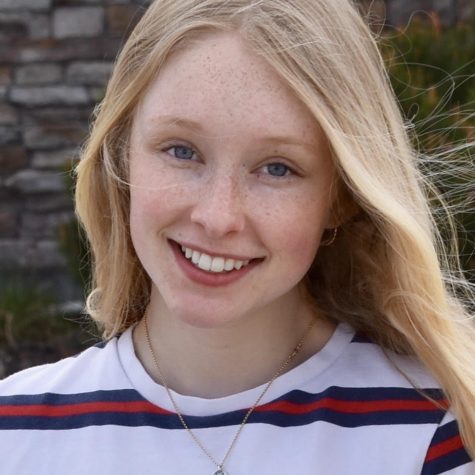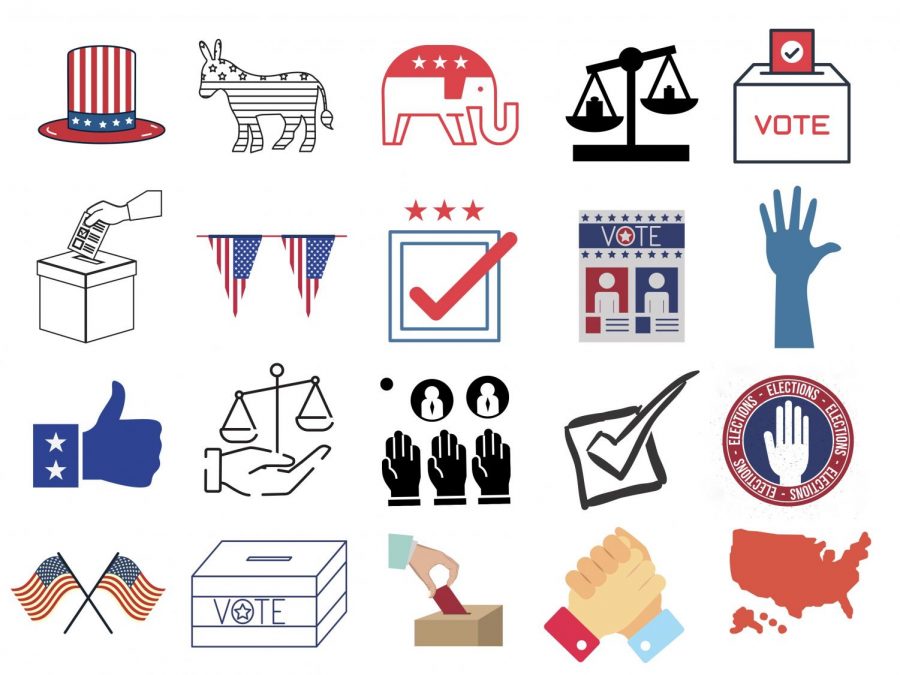Colorado’s Adoption of the Popular Vote Means More Than Just a Vote
One vote for the electoral college is thousands of individual voices that are drowned out and clumped together.
On election day, Colorado joined the National Popular Vote Interstate Compact (NPVIC), passing it as a law with 52 percent of the vote. Although the compact will not be enacted until enough states join to make up a majority of the electoral college (270), Colorado’s entry has brought the total number up to 196.
As of now, Colorado is one of 15 states (and Washington DC) to officially announce their legal participation. By agreeing to the terms of the pact, states will award all of their electoral college votes to whichever presidential candidate takes the popular vote majority by the end of the election. This “winner takes all” approach will ultimately invalidate the electoral college system, which has many potential benefits.
Right now, voters only have a direct role in elections on a ground level. With the electoral college system, NPVIC sees it as “a voter has a direct voice in electing only the small number of presidential electors to which their state is entitled.”
While we live in a representative democracy, everyday people only have a say on a very minimal level. We vote on representatives who then vote on other candidates and individual voices tend to get lost along the way. People refrain from voting as they feel that their ballot has little importance to an election and will be drowned out or clumped together with ones on the opposite side of the political spectrum—their vote may never even count towards their desired candidate in the end. The popular vote would allow those voices to be heard more directly and our representatives would more accurately reflect the desires of the public.
Another issue that arises is the allocation of electoral votes. Despite the fact that the amount of votes a state gets is determined by population, the smallest states receive a minimum number (three) which is not proportionate to the amount of voters. As a result, in some states an individual ballot counts for a larger portion of that state’s electoral college than in another. For example, even though Texas has nearly 13 times the amount of electoral college votes and over 50 times the amount of voters, a single ballot cast in Wyoming—who obtains the minimum number of electoral votes—counts for nearly four times more of an electoral college vote than in Texas. Implementing the popular vote would be beneficial because it would truly make it so every vote is weighted equally in determining the outcome of elections. A vote in one state would be equal to that in another, which is the driving idea behind democracy.
Moreover, there is deliberate favoritism amongst states as a whole. Out of 45 Presidents, five of them have won their election without obtaining the majority of the popular vote. This sounds like a small number, but it means that 11 percent of our elected presidents were not favored by a majority of individuals. It has occurred twice in the last two decades which has caused many candidates to shift their campaign focus to “battleground states.”
In 2012, “all of the 253 general-election campaign events were in just 12 states, and two-thirds were in just four states.” Another study conducted by John Hudak at Vanderbilt University found that along with receiving more campaign appearances, “swing states see a benefit of 5.7 percent more grant dollars than other states.” The gap is especially prominent in election years when an incumbent president is campaigning for reelection. This entails that certain states get far better treatment: more appearances and more funding than spectator states. This furthers the political divide in our country by singling out groups of people and states by deeming them more important in a process that should be equally impactful for all US citizens.
It also happens that when states lose battleground status, they experience a decrease in voter turnout. Since battleground states are visited frequently by candidates, the correlation between candidates’ physical appearances and voter turnout is apparent. Replacing the electoral college system would be advantageous for both voters and future candidates: presidential hopefuls will visit a wider portion of states, gaining them a larger following, and voters will feel more valued by their candidates, incentivising them to cast ballots.
Lastly, voter inequality is a prevailing issue and gerrymandering can take a portion of the blame for its continuation. With the electoral college system, state legislatures attempt to segregate and predetermine votes by drawing county lines around pockets of minorities. These groups recognize that they are not given a fair opportunity to be represented with our current system and see no benefit in casting their ballot. While gerrymandering won’t completely disappear for state elections, adoption of the popular vote would eliminate its power on the national level–a step in the right direction for our nation.
Colorado’s adoption of the National Popular Vote Interstate Compact brings the United States closer towards equality. The popular vote is beneficial to minorities, average Americans and those that are on the front lines campaigning for a chance to represent our country. Colorado will help bridge the gap between our polarized nation and has joined the movement towards ensuring that everyone’s voice is heard.

Ruby, a senior at Boulder High, is a first-year member of the Owl and hopes to explore the world of journalism through the eyes of a writer. While she isn't new to this style of writing, she has taken many years off from it and is excited to dive back in. Over the last year, The Owl caught her attention as she continued to read the funny, informative, or controversial articles her classmates had produced the year before. She is thrilled to take on stories in multiple categories of the newspaper and find her strengths in each. While she enjoys writing, you can also find Ruby biking over a mountain, kicking a ball around a field, bingeing a new TV series, or torturing her beloved siblings (they...



